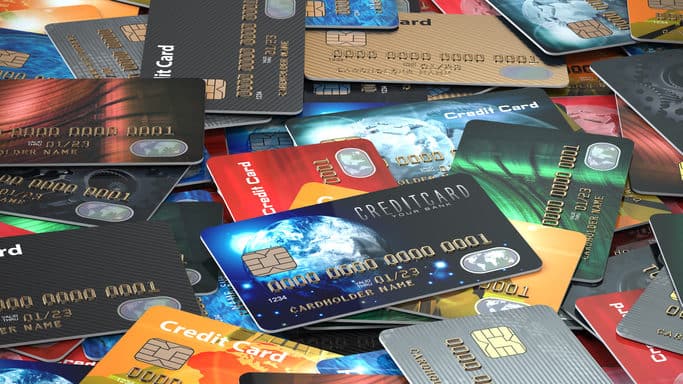Credit card language should not be mind-boggling. Whether you have a credit card already and are trying to understand your statement, or in the process of acquiring one and struggling to take in the facts and figures, it could help to know and understand the terminology that is used by lenders.
With that in mind, let’s take a look at some of the most mystifying terms floating around. Below, we offer some easy-to-swallow definitions and a few examples from the real world.
Before getting the card
Annual percentage rate (APR)
This is an annual equivalent of the interest that a credit card company will charge you for any outstanding balances on your credit card each month.
The APR also includes any charges and arrangement fees that come along with your credit card. This means the APR can be higher than the basic interest rate.
Tip: APR is one of the key things to pay attention to when comparing cards, along with annual fees, introductory rates and incentives.
Balance transfer
A balance transfer card is one that allows the outstanding balance from other cards to be moved over. These cards may offer lower interest rates or 0% interest for a fixed period.
The amount you can transfer over is dependent on the amount of credit offered by the new credit provider. Often, the new credit card comes with a ‘balance transfer fee’ which is a small percentage of the balance you’re transferring.
Revolving credit
This is a type of credit, such as that offered by a credit card, where a certain amount of credit is made available to you. You’re not required to use all of it. As you do use it, you pay interest only on any credit you don’t pay back and carry as debt. And as you do pay it back, that credit becomes available again (thus, ‘revolving’!).
To provide a comparison, a personal loan is an example of non-revolving credit. When you take out a loan, you have access to all of the money at once, but you also have to pay interest on the full amount from the beginning. You know before taking out the loan how long you will be repaying the debt and how much the monthly repayments will be. As you pay back the debt, the amount of credit decreases. It doesn’t become available again as it does with a credit card.
When it comes to paying revolving credit on a month-to-month basis, you can pay back as much or as little as you like. To some extent at least. With a credit card, you’ll always want to pay at least your minimum payment to avoid fees and damage to your credit score.
Applying for the Card
Credit score
Your credit score is a rating to reflect how much of a financial risk you are. The score is assessed by the three credit reference agencies (CRAs), Experian, Equifax and TransUnion. The higher the score, the less of a risk you deemed.
Your credit score is used by the credit card provider to help decide whether you will be accepted or not. The score also influences the credit limit and the interest rate you will be offered. If you’re applying for a card with a 0% introductory period, your credit score may also affect the length of the 0% period you are offered.
Using the Card
Minimum payment
This is the minimum amount you must repay to your credit provider to avoid extra fees and being considered to have missed payments. The amount calculated is based on the balance each month, so the minimum payment may change each month.
Paying more than your minimum payment is a good idea, but paying at least your minimum payment is always smart.
Billing cycle
This refers to the period between the date of your previous credit card statement and the latest one. This could be 1st to 30th of the month, or 15th of one month to 14th of the next.
Dispute
If you think something is wrong on your credit card statement, you can dispute this with your credit provider. This may include an invalid transaction you notice on your statement. Your credit provider can freeze the transaction so you will not have to pay it whilst it is being investigated.
Default
If you are in default, you are likely to have missed several monthly repayments or breached your agreed credit terms.
In this situation, your lender has concluded that it’s no longer possible for you to get back on track with your credit agreement. The lender may accelerate what you owe – meaning that the full value of the debt could be due immediately – take court action or pass your debt to a collection agency.
Having a default on your credit record will affect your credit score. This will make it harder to get credit in the future (or, in some cases, get credit at all).
Being in default is definitely something you want to avoid!







